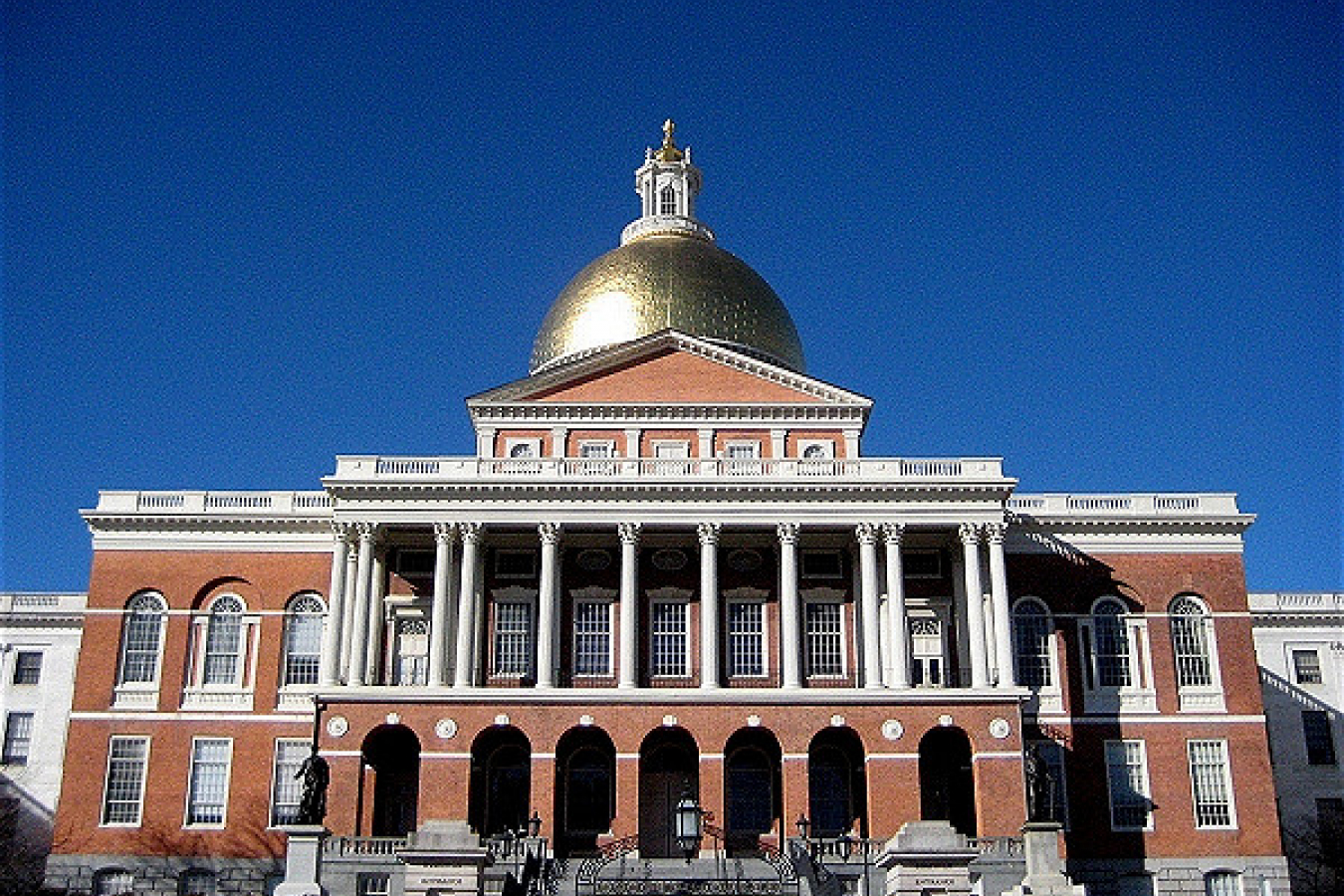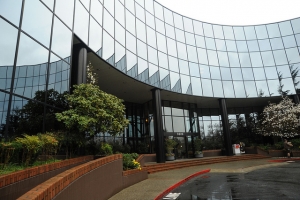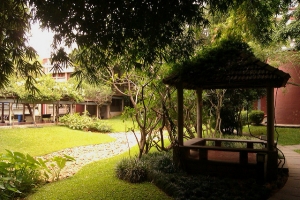Support migrant centric journalism today and donate

The Indian IT outsourcing giant Infosys has agreed to pay $34m in settlement of a case brought against it by the US Department of State, US Citizenship and Immigration Services and the Department of Homeland Security.
Infosys faced allegations that it had abused the US visa system by employing Indian workers on US contracts who had travelled to the US on B-1 business visas rather than on H-1B visas or L-1 visas. The US government says that this was an abuse of the visa system.
Infosys issued a statement which read 'Infosys denies and disputes any claims of systemic visa fraud, misuse of visas for competitive advantage or immigration abuse. Those claims are untrue and are assertions that remain unproven. There were no criminal charges or court rulings against the company. Furthermore, there are no limitations on the company's eligibility for federal contracts or access to US visa programs as a result of the settlement'.
H-1B temporary work visas
H-1B visas are temporary work visas which allow workers from outside the US to work in a 'specialty occupation' in the US for up to 3 years. H-1B visas can then be renewed once for a further three years.Applicants for H-1Bs must have degrees or have achieved 'degree equivalence' through a mixture of work and training.
There is currently a limit of 65,000 H-1B visas which can be granted to holders of bachelors' degrees (or degree equivalence) each year. A further 20,000 can be granted to holders of 'higher degrees' such as PhDs or doctorates.
High demand for H-1Bs
Many of these H-1B visas are used by US IT outsourcing companies, including the US subsidiaries of Indian giants such as Infosys and Tata Consulting. The low number available and the high demand means that there were over 100,000 applications within five days of USCIS opening for applications in April 2013.Indian IT outsourcing companies can also bring non-US workers to the US using L-1 intra company transfer visas. The L-1A visa allows managers from non-US operations of companies with a US presence to transfer to the US providing they have been working for the firm for at least one year. L-1A visas last for seven years.
The L-1B 'specialized knowledge' visa allows international firms to transfer non-US citizens to the US providing that they have 'specialized knowledge' of the business. Recently, USCIS has been interpreting this rule extremely strictly and have denied entry to many people on the grounds that their roles could be performed by American workers. L-1B visas last for five years.
Increasingly difficult to get L-1 visas
International firms have complained that it has become increasingly difficult to get L-1 visas. In March 2012, 50 international firms including US IT giants such as Microsoft and Oracle wrote to President Obama complaining that USCIS was turning down requests to transfer vital employees. The letter said that this was damaging the US economy.The case against Infosys alleged that the company brought workers from its Indian operation on B-1 visas rather than with H-1B or L1 visas. The US government alleged that those workers then worked on contracts in the US, which, they said, was fraudulent.
Infosys denies any wrongdoing and points out that 'There were no criminal charges or court rulings against the company. Furthermore, there are no limitations on the company's eligibility for federal contracts or access to US visa programs as a result of the settlement'.
B-1 visa for business visitors
The B-1 visa is for business visitors. USCIS says that the B-1 visa allows foreign visitors to the US to- Consult with business associates
- Attend conferences
- Negotiate contracts
- Participate in training
- Interview and hire staff and
- Conduct research
- Run a business
- Engage in gainful employment or
- Be paid by an organisation operating within the US
There is an exception to this rule. The 'B-1 visa in lieu of H-1B visa' allows foreign workers to work in the US for overseas employers on short-term projects.
The US investigation started after a US national employed by the company, Jay Palmer, turned whistle blower and made public allegations that Infosys was involved in routine abuse of the US visa system. Palmer told US TV station CBS that the company routinely transferred Indian staff to the US to cut costs and told them to lie to avoid detection while in the US.
B-1 visas much cheaper than H-1Bs
The US authorities claim that Infosys used B1 visas because it is cheaper. H-1B visas can cost over $5,000 when all fees are added up. B1 visas cost $160.The Infosys statement read 'The company's use of B-1 visas was for legitimate business purposes and not in any way intended to circumvent the requirements of the H-1B programme'.
If you would like to apply for a US visa, WorkPermit.com can help. WorkPermit.com is a specialist visa consultancy with 25 years of experience dealing with visa applications. We can help with a wide range of visa applications to your country of choice. Please feel free to contact us for further details.





















